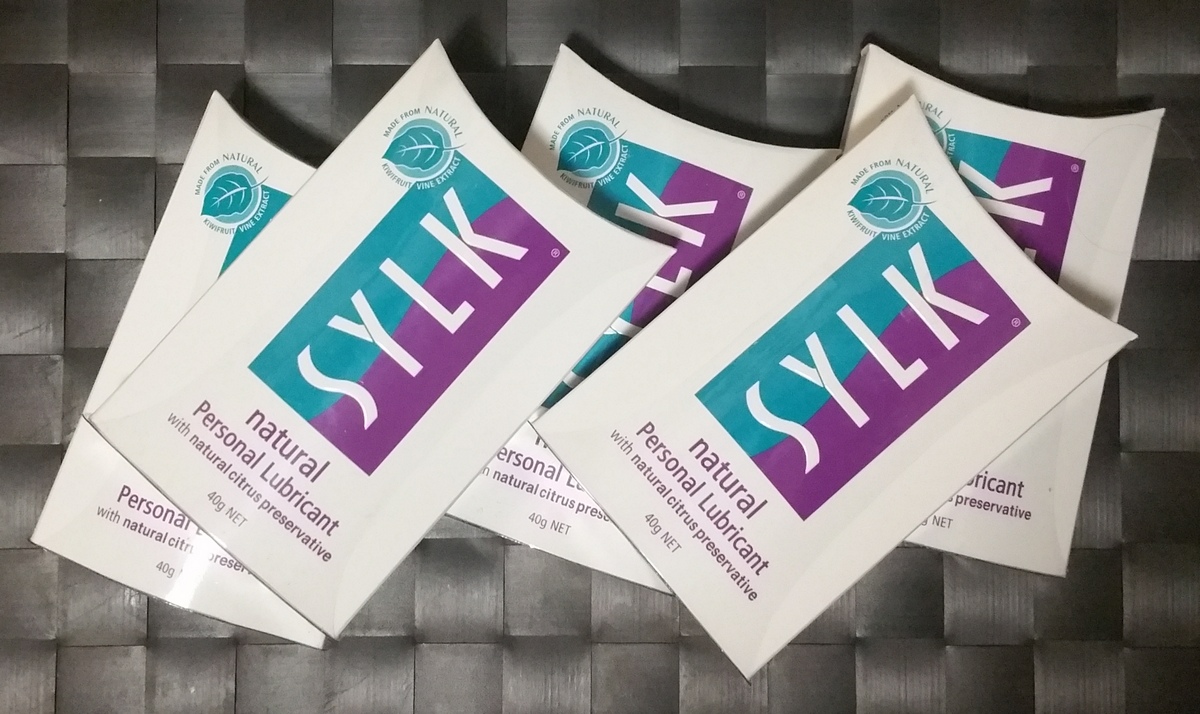I just watched the movie Pawn Sacrifice – a brief history of the life of chess grand master and world champion Bobby Fischer. It’s a lot less dry than one might think at first glance. Fischer was arguably the finest chess player ever, twice defeating the Russian grand master and world champion Boris Spassky. Fischer was also mentally unstable and increasingly paranoid. Something that would lead him to retire from public life and competitive chess at the age of 32.
It was strongly implied in the film that Fischer was used as a political tool by the US government against the Soviet Union in the middle of the cold war. The defeat of the best Russian chess players of the era by a boy from Brooklyn was a huge blow to Soviet pride I am sure.
Sadly for Fischer his mental health issues and antisemitism eventually bought him into conflict with his own government. His unofficial rematch with Spassky in 1992 lead to his US passport being canceled. Eventually Iceland offered Fischer asylum in 2005 and he died there in 2008.
The movie paints him as eccentric, irrational, paranoid, and truly a genius. It didn’t show the side of him that many people claim was kind and compassionate.
Earlier in the movie the comment is made that there are about 318 billion ways that the first four moves of any game can be played. That is a vast phase space to even try to consider, and it makes the game of chess effectively endlessly variable – to the average human mind like me anyway.
However, at the end of the movie, having beaten Spassky, Fischer makes the comment of chess:
“It’s almost all theory and memorisation. People think [that] there’s all these options, but there’s usually one right move. Of course in the end there’s no place to go”.
It’s unlikely that these are Fischer’s own words, but it’s a poignant moment and the artistic license seems fair. While there may be 318 billion options, most of them are to be ignored or dismissed outright, much reducing the phase space that a genius like Fischer would ever need to consider when playing.
At the end of the day, this is much life for the average person. We live in a world vastly more complex than an eight by eight board with 32 pieces on it. However the choices that we have available to us at any one time are always limited to a relatively small number of options. What our politicians and leaders do every day effects this range of options.
When a politician or a religious leader stands up in front of our nation and tells us that same sex marriage is unnatural and harmful (as they seem to be doing regularly in recent times), they reduce the possible phase space for a happy life for people who don’t identify as male or female and heterosexual. For many (especially young) people in the LGBTQI community they reduce it to nothing, leading to a life of bullying, harassment, exclusion, and for some, suicide.
Viewed from this (mathematical) perspective – an envelop of options or choices that can lead to happiness – “morality” as defined by our society and especially religion begins to look cruel and needlessly limiting.
Fischer perhaps saw a truth in the world. To defeat Spassky in the fourth game of the match in Iceland in 1972 (according to the movie), he took Spassky outside of the chess game phase space that his opponent expected him to play within (and had studied and knew). When he did that Spassky was lost and unable to respond effectively. And Fischer won.
When people tell us that enjoying our sexuality is wrong, or dirty, or bad they are limiting our opportunities for a happy life – limiting the phase space of our happiness and well being. When we fail to educate children properly about sex and sexuality and give them the chance to develop in a safe and non-judgmental environment, we are limiting their chances for a happy and fulfilling life.
I recently talked with someone who described how she has dealt with the subject of sex with her daughter who is almost a teenager. What I heard was the exact opposite of what most people seem to experience. That was a parent who never hid, or denied sex, who didn’t make a big deal out of it, but provided reliable information when her daughter was ready for and wanted to hear it. It was one of the best pieces of parenting I have ever come across.
In doing so I imagined the phase space representing the possible futures of that child opening up, blossoming, becoming richer with potential and pleasure and pruned of danger, of pain, of suffering – not entirely safe and secure of course, but she now has the tools and knowledge to avoid the worst pitfalls perhaps.
Nothing we do can keep children – or anyone – entirely from harm, but when we educate, when we put aside dogma and prejudice, we give people the opportunity to make better choices in their lives and allow them to avoid the bad ones.
John.


 Everything that he said I have either experienced or could could relate to – specifically as a man who is now 44 years old. I’m not twenty-something (this is a good thing really) and I don’t have a young man’s body. Like Andrew May and his professional sporting colleges I have a legacy of injuries, large and small, I don’t heal as rapidly as I used to, I am not as flexible as I once was, my skin isn’t as elastic as it used to be, and I now tend to gain body fat more easily around my middle. All typical aspects of aging for men.
Everything that he said I have either experienced or could could relate to – specifically as a man who is now 44 years old. I’m not twenty-something (this is a good thing really) and I don’t have a young man’s body. Like Andrew May and his professional sporting colleges I have a legacy of injuries, large and small, I don’t heal as rapidly as I used to, I am not as flexible as I once was, my skin isn’t as elastic as it used to be, and I now tend to gain body fat more easily around my middle. All typical aspects of aging for men.
